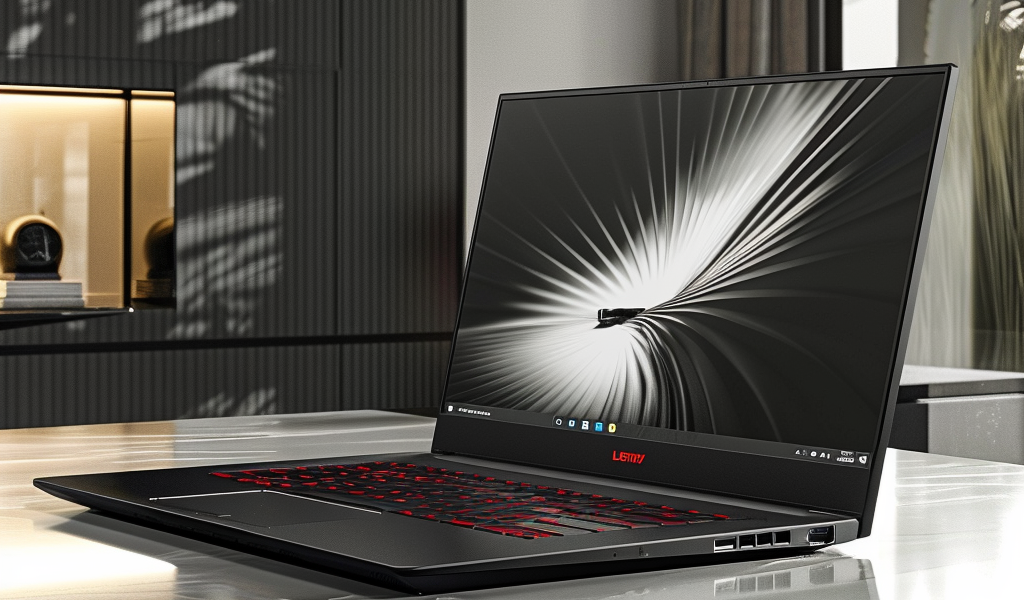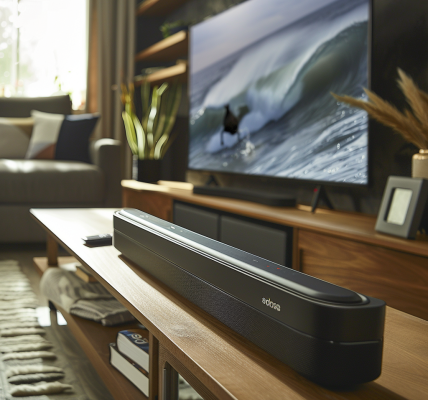Lenovo Introduces Game-Changing Thinkpad P1 Gen 7 with Removable LPDDR5X Memory Modules
Lenovo has introduced a game-changing innovation with its latest Thinkpad P1 Gen 7 laptop, featuring removable LPDDR5X memory modules. This marks a significant departure from the traditional method of soldering memory chips onto the mainboard.
The new Compression Attached Memory Modules (CAMMs) used in the Thinkpad P1 Gen 7 contain LPDDR5X-7467 memory chips, boasting a blazing transfer rate of nearly 120 GByte/s on 128 data lines. This advancement eliminates the need for soldering, a practice common in ensuring signal quality in previous designs.
Manufacturers of slim laptops have favored the soldering method due to space constraints, as the conventional SO-DIMM standard requires more room. Additionally, the CAMMs offer higher clock speeds compared to standard SO-DIMMs, reaching up to DDR5-5600 (with overclocking potential up to DDR5-6400).
Unlike the traditional SO-DIMMs, the CAMMs are not inserted into a contact strip but are instead attached to a contact surface from above, enhancing contact reliability while saving space. Dell played a crucial role in the development of CAMMs, with the JEDEC group establishing the CAMM2 standard for all manufacturers.
Lenovo has partnered with Micron to utilize LPCAMM2 modules, available in capacities ranging from 16 to 64 GB. A single LPCAMM2 module, connected with the full 128 bits, seamlessly fits into the Thinkpad P1 Gen 7, showcasing the laptop’s cutting-edge design.
Aside from the memory innovation, the Thinkpad P1 Gen 7 boasts top-tier specifications expected from a mobile workstation. It features Intel’s Core Ultra processors up to the Core Ultra 9 185H, Nvidia’s mobile GeForce RTX 4070 or the professional RTX 3000 Ada, up to 8 TByte SSD storage (PCIe 4.0), two Thunderbolt 4 ports, USB connectivity, Wi-Fi 7, and high-resolution 16:10 displays.
The laptop offers a choice between IPS and OLED display variants, with the OLED option boasting 3840 x 2400 pixels, touch support, 400 cd/m² brightness, and full DCI-P3 coverage.
Starting at 2450 euros, the Thinkpad P1 Gen 7 targets a niche market due to its premium pricing. However, it sets a precedent for future laptops to prioritize repairability and upgradability, thanks to the introduction of exchangeable memory modules.





